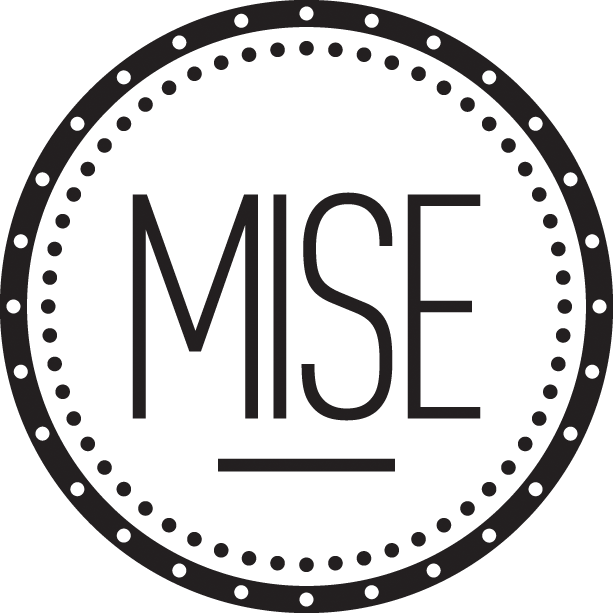profile
11.12.2014 | Issue #4
There’s a story about Berkshire Mountain Distillers’ founder Chris Weld that smacks particularly of fate: during his eighth grade year, wee Chris set out to make his own still for a class science project. Even after the scheme was put to rest by his mother—federal offenses probably trump blue ribbons—and even after putting in twenty years as a physician assistant in ERs, Master’s degree in emergency medicine in tow, Weld still managed to find his way back to the beloved homespun still of his dreams.
These days, Weld and his family live on an 100-acre apple farm in Berkshire County, in Western Massachusetts. For the past seven years, they’ve been earnestly pumping out small-batch spirits, each with a flavor profile that bespeaks Weld’s sheer giddiness at getting the chance to create them. While the distillery’s poster child is arguably their Greylock gin, a dry London-style liquor that’s pretty much a given on most backbars, it’s the Ethereal line that harnesses the imagination.
The recipe is changed for every batch (Weld just released the 11th incarnation), and the results are like lying face-down in a heady, late-summer herb garden: woodsy and green, bright, tangled with the potent crush of wildflowers.
All that would usually be more than enough to leave us totally besotted—little guy! Great product! Flavor descriptors like you read on luxury shampoo bottles!—but now there’s this: he’s just planted 50 juniper trees, with designs to plant 200 more in the spring.
He’s also gone ahead and planted angelica. And orris root. And even licorice, which doesn’t even like cold climates! But hey! He’s going for it. Since growing citrus is not exactly Massachusetts’s ballgame, he’s experimenting with using sumac instead. He’s after a White Buffalo of the spirits world: a 100% locally-sourced Berkshire gin.
This level of on-site production, modest as it may be, is unprecedented for this small of an operation. Weld, though he insists on doing most things for himself, sometimes to a fault, is not out picking baskets of rosehips all day. but it’s a step towards imbuing their gin with a holistic immediacy—one that’s diminished when the botanicals in question are arriving from a far-away warehouse.
“We’re trying to get to a place where we can augment and flavor with stuff we grow. When I was a kid, I used to make lemonade out of sumac,” he says. “It’s got that nice tart, tanginess to it, so we just did some single-distillation of sumac. I think we might find a way to make that our citrus component.”
“I wish I could say that we’re growing all of our botanicals now, but we’re not quite there yet...when you’re throwing in 150 pounds of juniper into a batch, it starts to add up,” he continues. “But, I don’t know any distiller who’s growing their own juniper, or harvesting their own angelica quite yet.”
In addition to the thickets of juniper timidly spreading their roots into the floor of the Berkshire Mountain, he’s started looking into opening a local cooperage, to solve a problem you probably haven’t really given much thought to: a barrel shortage among small distilleries, due to larger ones snapping them up. It’s one more in a list of ways Weld is trying to represent “small-batch” to the full extent of the word.
“If you’ve got a distillery that you’re trying to run, and you’re trying to make consistent spirits, it’s hard to be a farmer and be a cooper and all these things on top of it,” he says. He sounds sensible, but lulled by the siren song of the outdoors, of bringing his distillery a bit closer to full-circle.
M
To learn more, visit berkshiremountaindistillers.com. Or just get your hands on a bottle of the latest batch of Ethereal, and see what all the fuss is about.





